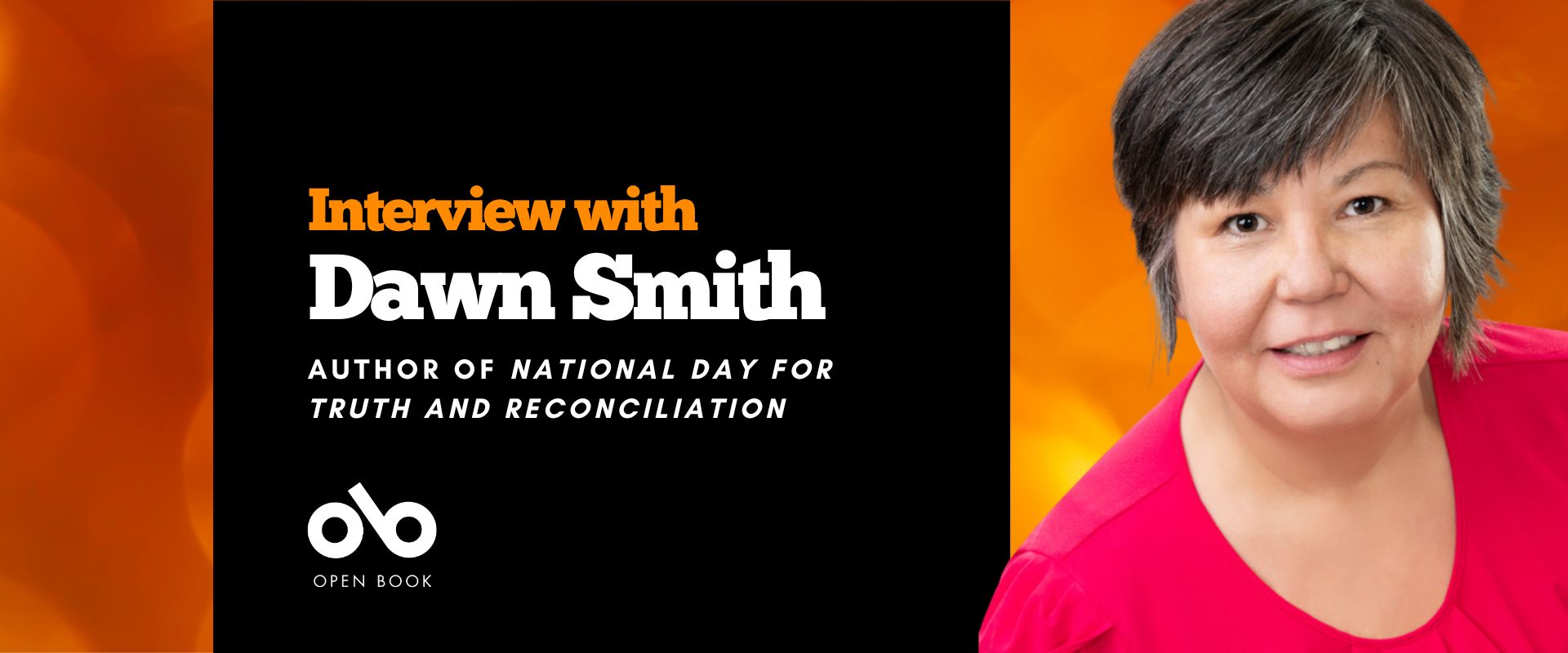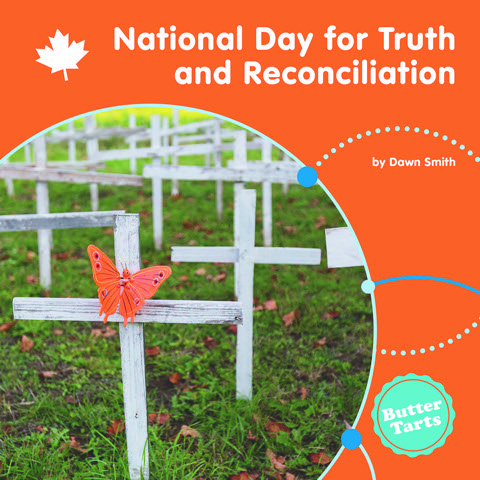Dawn Sii-yaa-ilth-supt Smith Shares Her Experiences and the Truth About Residential Schools in a New Children's Book
When Nuu-chah-nulth author Dawn Sii-yaa-ilth-supt Smith was approached by publishers to write a children's book about truth and reconciliation, she jumped at the opportunity to inform growing minds far and wide about the true history of Canada.
As a residential school survivor, the experiences that Smith went through gave her the ability to share her story and bring readers along with her to examine this troubling and difficult history, and to do so in a way that would be palatable to young people. Still, the truth is everything in these pages, and telling such truths and righting wrongs is an important role for authors who tackle these topics.
So, climb into the canoe and learn more about what it takes to write about residential schools, and the mark they've left on Canada, in this True Story Nonfiction interview with Dawn Sii-yaa-ilth-supt Smith about her new book, National Day for Truth and Reconciliation (Saunders Book Company/Beech Street Books).
Open Book:
Tell us about your new book and how it came to be. What made you passionate about the subject matter you're exploring?
Dawn Smith:
This new children’s book came to be as a result of being approached by the publishers, which I saw as an opportunity, so I took it. What makes me passionate about writing children’s books is the opportunity to influence their growing minds. The topic of righting wrongs felt like a good place to start with children.
OB:
What was your research process like for this book? Did you encounter anything unexpected while you were researching?
DS:
The research process for me included going through existing materials I had on Orange Shirts (and later Orange Shirt Day), and reconciliation.
The only unexpected thing I encountered while researching was the personal impact it had on me as a residential school (day school) survivor. I didn’t think I would be retraumatized, but I was and had to work through it to finish the book.
OB:
What do you love about writing nonfiction? What are some of the strengths of the genre, in your opinion?
Your CanLit News
Subscribe to Open Book’s newsletter to get local book events, literary content, writing tips, and more in your inbox
DS:
I love that it is the truth and the truth in this case hasn’t been shared widely so I think the strength lay in the ability to publish such as a truth-based book.
OB:
What do you need in order to write – in terms of space, food, rituals, writing instruments?
DS:
I need to be in a good and happy place, especially when writing for children. I want to make sure that such a difficult topic is digestible, that the children can take in difficult or troubling information. I need to research and write in isolation from the world, just peace and quiet.
OB:
What do you do if you're feeling discouraged during the writing process? Do you have a method of coping with the difficult points in your projects?
DS:
If I’m feeling discouraged, I usually need to talk to someone to become encouraged again. This person can be my best friend, son(s), or colleague. If I encounter difficult points in my project, I usually talk it out with colleagues, friends, or the editors.
OB:
Do you remember the first moment you began to consider writing this book? Was there an inciting incident that kicked off the process for you?
DS:
I remember thinking I shouldn’t write a book about Truth and Reconciliation if I didn’t believe in the process, however, I felt that if there was a chance to influence young readers then I should see this as an opportunity to think about Canada, its history, and righting wrongs.
OB:
What are you working on now?
DS:
I’m currently working on co-editing an international (Canada, New Zealand, USA, Australia) book on Indigenous Community-Led Research that will be published in 2025.
__________________________________________
Dawn Sii-yaa-ilth-supt Smith is Nuu-chah-nulth from Ehattesaht. She attended Tsartlip Indian Day School. Dawn has gone onto live with gratitude for family teachings that help guide her. Dawn is an Assistant Professor at the University of Victoria located in the territories of the Lekwungen-speaking peoples.





